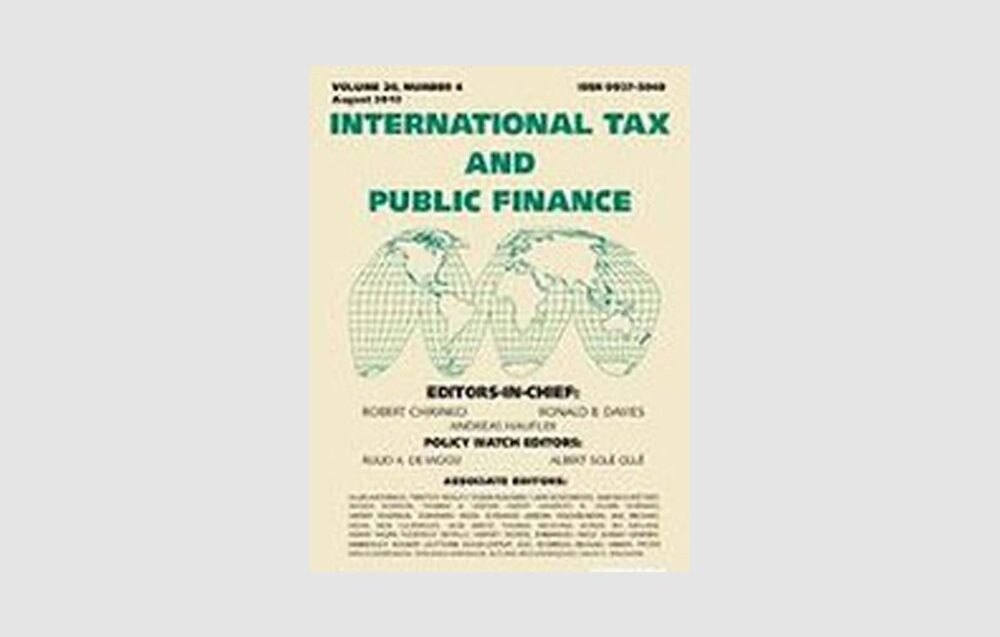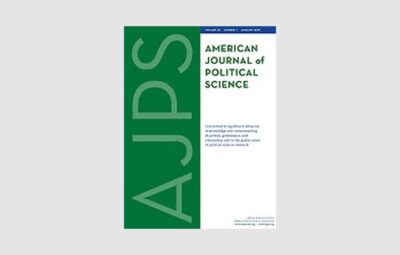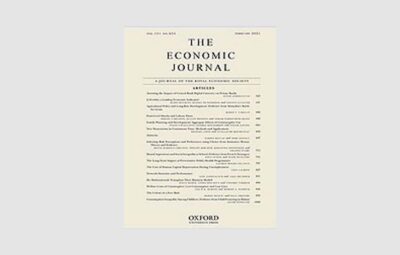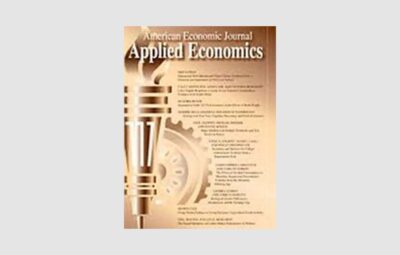A growing literature emphasizes that the output effect of fiscal consolidation hinges on its composition, as the choice of increasing revenues vs cutting expenditures is not neutral. Existing studies, however, underscore the role of local governments in a federal setting. Indeed, transfer cuts at the central level might translate into higher local taxes, changing the effective composition of the fiscal adjustment. We evaluate this transmission mechanism in Italy, where municipalities below the threshold of 5,000 inhabitants were exempted from (large) transfer cuts in 2012. This allows us to implement a difference-in-discontinuities design in order to estimate the causal impact of transfer cuts on the composition of fiscal adjustment, also because tight fiscal rules impose a balanced budget on Italian municipalities. We disclose a pass-through mechanism by which local governments react to the contraction of intergovernmental grants by mainly increasing taxes rather than reducing spending. From a political economy perspective, this revenue based fiscal consolidation is driven by municipalities with low electoral competition and low party fragmentation. Keywords: fiscal consolidation, intergovernmental grants, difference-in-discontinuities. JEL classification codes: H2, H77, H87, D7.
Revenue vs Expenditure Based Fiscal Consolidation: The Pass-Trough from Federal Cuts to Local Taxes
Joint with Luigi Marattin and Francesco Porcelli



